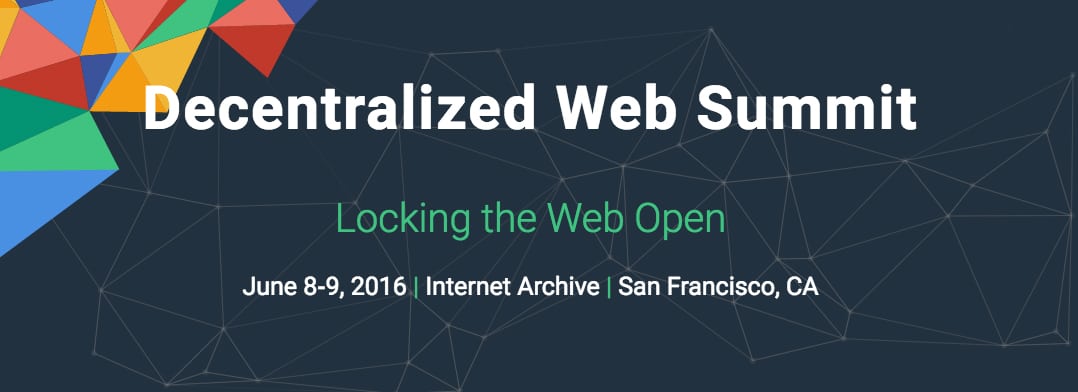
On June 8 in San Francisco, passionate data geeks and web users like you and me are invited to help design the World Wide Web for the future. The “Locking the Web Open” summit taking place at the Internet Archive is open to activists, citizens, techies, thinkers, designers, and all those committed to participating in and helping to create what I call digital civil society.
You may be asking yourself two questions:
- Why should we worry about the Web?
- And what can I do, I don’t write code?
Here’s why you should care and what you can do:
Nonprofits and foundations embody a set of social codes. They are institutional supports for people coming together to do something for others. Often nonprofits and foundations support causes that are missing from the marketplace or public services.
Participating in this sphere depends on a legal sanctioned ability to associate freely, express controversial ideas, and to take action as a private citizen. These rights do not exist everywhere. They can be threatened and impeded upon even in spheres where they are legally sanctioned. Civil society depends on layers of social and legal codes.
The internet and World Wide Web also run on a set of social codes. From the earliest days of academic research, sharing the systems that constitute today’s net were shaped by values of open sharing and equal access. The social codes that shaped the early software code of the internet were very similar to those that shape civil society in a democracy—associational and expressive freedom, with a respect for privacy, and an emphasis on trust. The internet represents a set of social codes, software codes, and legal codes.
Since its early days as a tool for scholars, the internet has become a backbone for almost every element of society—communications, news, finance, healthcare, education, cultural expression, politics, and government. In an irony not lost on anyone, the designers of the World Wide Web built a system that has changed dramatically since the world showed up. Market and government demands put increasing pressure on the software embodiments of the original social values. Just as we must continuously defend the rights of civil society in the analog world, we must keep an eye on the way those rights are embedded in the social, software, and legal code of the internet.
The “Locking the Web Open” summit invites you back to the drawing board. The challenge is to “redesign” the web to return it to a more open, more sharing-oriented, less proprietary system. Many of the people who built the web the first time are coming back for a do-over.
Please find more information about the summit by clicking here. Attend the summit, if you can. Even if you cannot attend, ask yourself these questions:
- How do you depend on an open Web?
- How does your professional work or civic life depend on it?
- What can the Markets for Good Community do?
And who better to help design the web the second time than members of civil society? Nonprofits, foundations, and individuals with a commitment to free association, expression, and privacy have a vested interest in the web working in certain ways. The web was, originally, built to host a virtual civil society—a nongovernmental, nonprofit system for private people to do things together. But as the infrastructure and software are increasingly provided and controlled by businesses and governments, the space for civil society becomes smaller. Conceptually, it’s difficult to argue that there’s an independent space for civil society when the system is fully owned and controlled by others.
